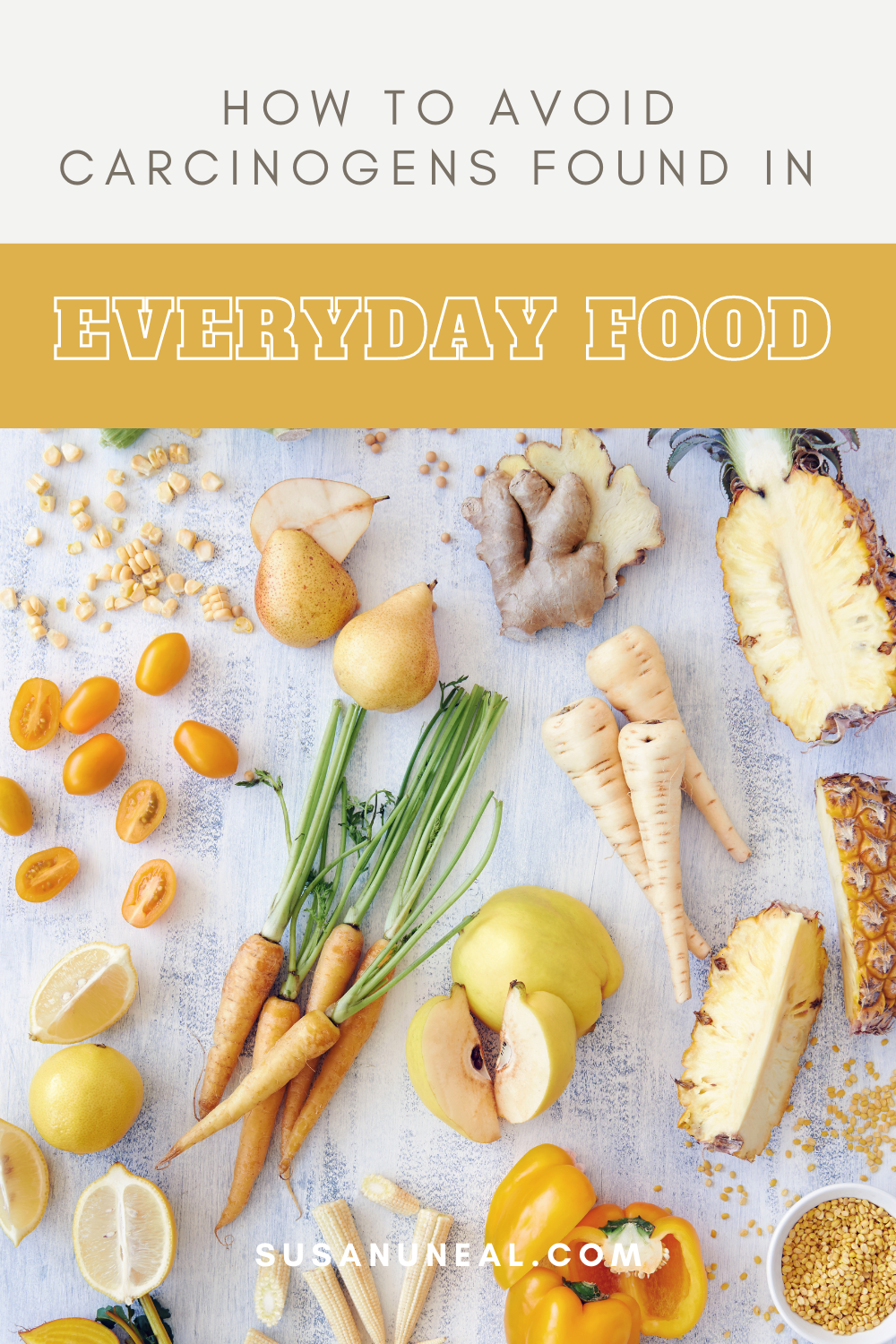Some products sitting on the grocery shelf contain ingredients that cause cancer. In 2018, they found the carcinogen glyphosate in many grocery store brands of oat products. Glyphosate is the active ingredient in Monsanto’s herbicide Roundup. In the United States (US), most of the nation’s corn, wheat, oat, and soy are Roundup Ready crops. There are thousands of edible products made from these four ingredients.
Roundup Ready Crops
Roundup Ready crops are genetically engineered to be resistant to the carcinogen glyphosate. Farmers who produce these crops are free to spray Roundup on their fields throughout the growing season, as this herbicide does not harm the plants. Therefore, a glyphosate residue may remain on the crop after harvest.
Can you imagine what this carcinogen may do to the beneficial bacteria in the gastrointestinal tract or to a person’s overall health? In 2018, a San Francisco court ordered Monsanto to pay DeWayne Johnson $289 million in damages because glyphosate caused his cancer—non-Hodgkin’s lymphoma. Cancer is the second leading cause of death in the U. S.
Glyphosate
In 2018, the Environmental Working Group (EWG), a Washington, D. C. advocacy group, assessed glyphosate levels in many grocery store oat products. Unfortunately, the EWG found glyphosate in every sample of popular oat-based cereal and food products. Some items that contained glyphosate included granola, oatmeal, cereal, and snack bars.
Most consumers are unaware that products made from oats, corn, wheat, or soy may contain a cancer-causing chemical—glyphosate. Most of us feed our children with dry cereal. Think of how harmful the carcinogen may be to them with their small body size. Many foods with these ingredients are marketed to children and contain sugar, which causes the consumer to eat more of it.
To avoid foods that contain glyphosate residue, it is best to purchase organic products. According to the Journal of the American Medical Association (JAMA), eating organic foods is strongly correlated with a dramatic reduction in cancer. The article states, “Promoting organic food consumption in the general population could be a promising preventive strategy against cancer.”
Organic foods are not GMO or Roundup Ready crops, nor are they sprayed with pesticides or herbicides. Consequently, they do not contain harmful residue from these chemicals. It may cost a little more for organic products, but poor health is much more expensive than groceries.
Dirty Dozen™ and Clean Fifteen™
Every spring the Environmental Working Group creates the Dirty Dozen and Clean Fifteen produce list. These lists are based upon the U. S. Department of Agriculture’s pesticide data. The Clean Fifteen list includes the varieties of produce that contained the least pesticide residue when tested. The Dirty Dozen foods are the ones with the highest concentration of pesticides.
I use these two lists to help me determine which produce I buy organic. If it is on the Dirty Dozen list, I buy organic; if it is on the Clean Fifteen, I do not. Check out these two lists on my blog, Clean Fifteen™ and Dirty Dozen™. Save the pins from this article on your phone for easy reference when grocery shopping.
As consumers, we need to be aware of the harmful byproducts that may be on our foods. The health of our families is at stake. Food manufacturers are not consumer advocates because they need to make a profit. We can’t always trust that the items on the grocery store shelf are safe.





